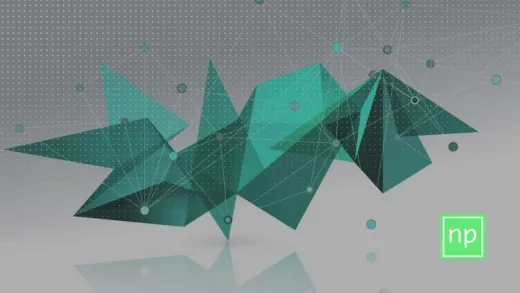Brief Summary
This course dives into ExpressJS and NodeJS, allowing you to build web applications using JavaScript on both the front and back ends. You'll learn to create RESTful APIs and traditional web apps while getting hands-on experience through practical workshops.
Key Points
-
Learn about NodeJS and ExpressJS for web development.
-
Use JavaScript on both the front-end and back-end.
-
Create RESTful APIs for single-page applications.
-
Hands-on practice with automated workshops.
-
Understand Express middleware and server configuration.
Learning Outcomes
-
Gain a solid understanding of how Express works.
-
Build simple apps to grasp core concepts.
-
Start confidently creating REST APIs for SPAs.
-
Develop traditional web applications with server-side rendering.
-
Engage in a hands-on coding experience rather than just watching videos.
About This Course
Based on ExpressWorks automated workshop, author Azat Mardan (Pro ExpressJS) walks you through each exercise.
You might have heard about such rapidly-growing-in-popularity technologies as NodeJS or the M.E.A.N. stack (MongoDB, ExpressJS, AngularJS and NodeJS). The brilliance of NodeJS is its fast performance and the ability to leverage JavaScript on the server. That's right! Developers can use one language for the browser and the server code. Even more so, they can use JavaScript for the database layer with MongoDB. Therefore, the full stack JavaScript becomes a new standard for web development.
With NodeJS being a low-level platform, it is not a framework by itself. This leads us to a problem of how we can organize code, parse requests, send back responses, use template engines, implement authentication, validation, and connect to databases among other things without solving those problems by ourselves?
For many years, NodeJS developers' choice of web framework is ExpressJS.
After taking this course, you can start mastering ExpressJS by building RESTful APIs for your single-page applications (powered by AngularJS, ReactJS, BackboneJS or any other front-end framework). With ExpressJS, developers can easily organize their code (middleware pattern), add more functionality (npm modules) and configure the server (configuration over convention).
Moreover, Express is mature and very stable so that it's a default choice for small companies and large enterprises. Even more advanced frameworks, like Sails or Loopback, extend ExpressJS (i.e., they depend on Express). Therefore, learning ExpressJS first is a valuable investment, because you can apply the same skills and existing ExpressJS middleware to more advanced frameworks.
This course comes with series of lectures and practicum. The benefits of ExpressWorks course and practicum (ExpressWorks the automated workshop) include:
Get the basic understanding how Express works
Build a few straightforward apps which introduce the core concepts
Become confident enough to start building your own REST APIs for SPAs
Become proficient enough to develop traditional web apps (server-side rendering)
Spent time coding, not watching boring videos with hands-on automated workshop
See the real code from the real large application built with ExpressJS, MongoDB/Mongoose, and BackboneJS — HackHall.
This course is brought to you by Azat Mardan, the author of Practical Node, Pro Express, React Quickly, Full Stack JavaScript, Express API Reference and other JavaScript/Node books.
Utilize Express and Node to build REST APIs
Use Express to create traditional web app (server-side rendering)
Use Express middleware static









Sergejs C.
It is good as a quick intro into express.js + node.js, containing main important methods examples and explained pretty good!
Thank You!